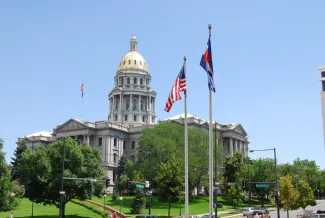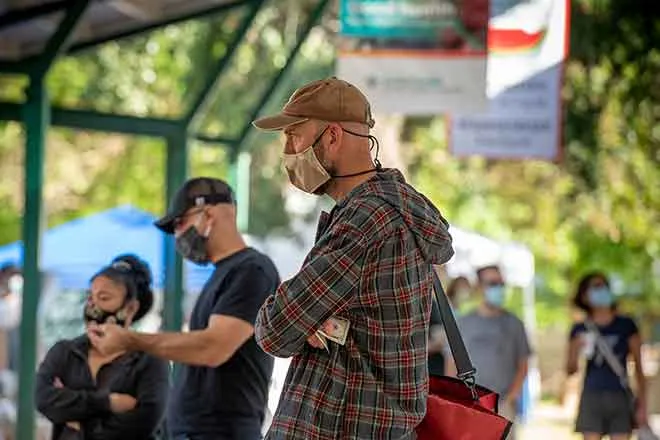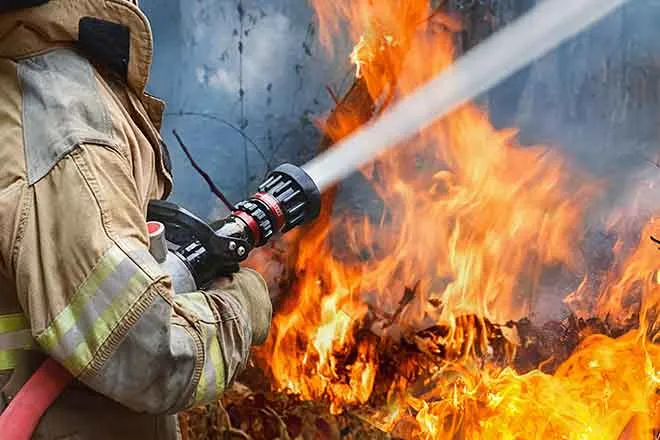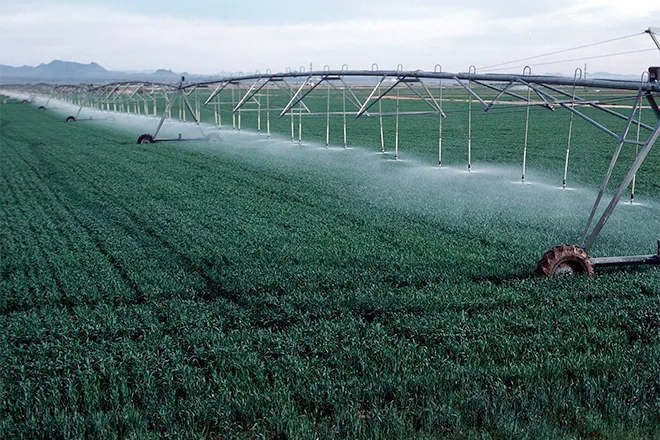
4 Colorado state lawmakers to face 2024 primary challenges
(Colorado Newsline) Four incumbent state lawmakers will face a primary challenger from their own party this year as they work to hold on to their seat, according to candidate filings with the Colorado secretary of state.
The other 55 incumbents running for reelection, as of mid-December, are set to sail through their primary in June uncontested and go on to become their party’s general election candidate.
“It’s our incumbents’ job to make sure that they have a message that doesn’t inspire anyone to run against them if they want to be able to continue to serve as a Democratic nominee in the general election. You see that a lot in the state because people are really strong champions for their regions, both moderates and progressives,” Colorado Democratic Party Shad Murib told Colorado Newsline.
He said people interested in running for office and serving the public should do so.

The most primary candidates against an incumbent is in House District 6, where two Democrats — Sean Camacho and Tyler Berthelot-Meres — are registered so far to take on freshman Rep. Elisabeth Epps for the party’s nomination. Whoever wins that Democratic primary is all but certain to win the general election in the strong Democratic seat in Denver.
Epps faced a difficult primary in 2022, defeating her opponent Katie March by just over 6 percentage points. That race was the most expensive legislative primary in 2022 — March spent more than $161,000, Epps spent about $127,000 and outside groups spent close to $470,000, according to campaign finance reports. It is bound to be an expensive primary this year as well.
In House District 4, freshman Democratic Rep. Tim Hernández of Denver is facing a primary challenge from retired appellate judge Cecelia Espenoza. Espenoza came in second place for the seat during this year’s vacancy committee meeting that ultimately selected Hernández.
Epps and Hernández have both made headlines as two of the most progressive lawmakers in the House. In October, Hernández faced criticism from both sides of the aisle for attending a pro-Palestine rally at the Capitol the day after the Hamas attack on Israel. Epps has publicly criticized House Speaker Julie McCluskie’s leadership, and she stalled work during the last day of the recent special session after introducing a pro-Palestine amendment on a bill.
It has made them highly visible and, potentially, politically vulnerable.
Usually incumbents are pretty aware of what people in their party want or what would make activists or other candidates angry — and then they try to avoid doing that.
– Seth Masket, director of the Center on American Politics at the University of Denver
“Usually, you have to do something pretty bad to get a challenge from within your own party, either being involved in a scandal or really, in a public way, departing from your party on a major ideological point,” Seth Masket, a professor of political science and director of the Center on American Politics at the University of Denver, said about primaries in general, not specifically the Epps and Hernández cases.
“Usually incumbents are pretty aware of what people in their party want or what would make activists or other candidates angry — and then they try to avoid doing that. Just trying not to be the lightning rod,” he said.
Rep. Junie Joseph, a Boulder Democrat, has a primary challenger in Tina Mueh. Mueh came second to Joseph when the Boulder County Democratic Party picked a replacement for former Rep. Edie Hooton on the 2022 ballot. Joseph went on to win in the general election that year, but 2024 will be her first full election cycle.
“Many people just have said that 60 people (in the party) can’t determine that seat permanently. We need an election to really figure out what our priorities are and who we want to represent us at the Legislature,” Mueh said in a September interview.

Finally, Republican Rep. Mary Bradfield will face Joshua Griffin, a veteran and former Colorado State University football player, as she seeks a third term in the House. Bradfield was also primaried in 2022 by Karl Dent, but won the party’s nomination by over 30 points.
Masket said that in an unpublished study he conducted of primary challengers in Colorado state legislative elections, he found just 12 examples of an incumbent being primaried between 2008 and 2020. That would make 2024, with four challenged incumbents, a year with a relatively high number of incumbents facing primary challengers.
Incumbent primaries could be rare, he said, partly due to Colorado’s term limits. Representatives are limited to four terms and senators are limited to two terms. If a candidate of the same party as the incumbent is itching to serve, they can just wait until the open election instead of potentially making people in the party angry by mounting a primary challenge.
The bulk of the contested primary elections are for the open seats, where a current lawmaker is term-limited or not running for reelection.
That will be the case this year. Five people are vying for the Democratic nomination in House District 8 to replace Rep. Leslie Herod, three Democrats are running in House District 30 to replace Rep. Chris deGruy Kennedy, and three Democrats are running in House District 36 to replace Rep. Mike Weissman.
Colorado’s legislative primary elections occur on June 25.
Colorado Newsline is part of States Newsroom, a network of news bureaus supported by grants and a coalition of donors as a 501c(3) public charity. Colorado Newsline maintains editorial independence. Contact Editor Quentin Young for questions: info@coloradonewsline.com. Follow Colorado Newsline on Facebook and Twitter.

















